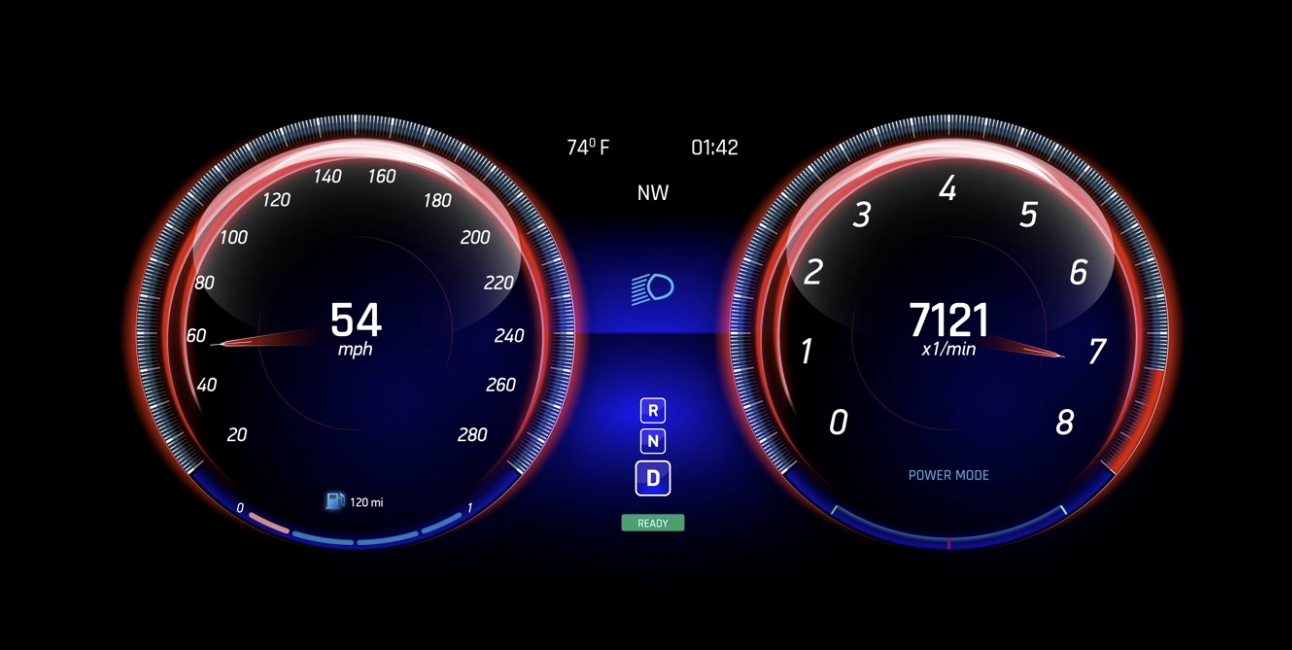
There’s a saying among marketers, “Don’t build your house on rented land.” It means do not build your website on someone else’s platform – for example, don’t rely on your Facebook page as your business’ primary presence online. Facebook and other ‘free’ places to build a web presence can shut down at a moment’s notice, taking your hard-earned followers and content with them. Or, they could decide to charge exorbitant fees for the service they once offered gratis.
The only way to ensure your website is your permanent storefront online is to pay for your own domain and hosting. Then, as long as you continue to pay for hosting and domain name registration, the site is your own to do with as you please.
But there is a corollary to the statement “don’t build your house on rented land.” Make sure you have the keys to your house. What does that mean?
Over the past several years, the team at Dashboard has encountered numerous examples of companies literally ‘locked out’ of their own digital properties. Perhaps they wish to bid the work out to multiple agencies to see who is the best fit for their current needs. Problems arise when they ask the initial site builder for the username and password. “Sorry,” they are told. “All changes must go through us.” And suddenly, they find themselves literally locked out of their own ‘digital home’ and unable to access their own website.
Who Owns Your Website?
The issue with businesses becoming ‘locked out’ of their own websites typically arises from the contract between the agency and the business. Most business owners read through the service agreement, neglecting the fine print.
When an agency creates a website, if they purchase the domain name and make an agreement on behalf of a business owner for hosting services, in effect, they are in control of the site. The work product itself, unless specific in the contract that it becomes the property of the business owner, may indeed remain legally ‘owned’ by the agency.
We believe that this loophole has allowed many web developers to literally hold digital property hostage. In some cases, small business owners have been forced to pay for the release of their own websites from such developers. In other cases, business owners have been forced to set up a second website elsewhere and hope for the best, since they are unable to get the “keys” – the password and user name – from the original contractor who worked on the site.
Read Contracts and Understand What You Agree To
The old saying, “An ounce of prevention is worth a pound of cure” applies to work as well as to health. In the case of website ownership, the way to prevent someone from preventing access to your site is to insist on access from the start – and that step begins with reading every word of your contract and understanding what you agree to.
When you partner with a digital agency or a web developer, do not assume that you are on the same page with them and that they understand you wish to own the final website. Insist that this item is listed in the contract and that you will be the ultimate owner of the site. Also insist on full administrator rights to your own website and Google properties, including Google Analytics, from day one. Administrator rights prevent others from changing passwords, like changing the lock on the door, without your permission, and ensure you retain access to all of the content on your site that you’ve poured so much time and effort into.
What to Do If You Are Locked Out
If you find yourself on the other side of the digital door and the key no longer fits the lock, meaning you cannot access your website, Google Analytics, or social media profiles because a developer insists on retaining access, you have several choices.
You can:
- Continue to work with them (even though you may feel your trust has been breached and they no longer fit your needs)
- Insist, through patient and firm repetition, that they turn the properties over to you
- Retain legal counsel – sternly worded letter from a lawyer can often do wonders
- Learn your lesson, move on, and begin again with a new digital property that you ensure you own and access
We mentioned at the start of this article that we have seen this issue many times over the years. Recently, this was encountered with a digital file for a print catalog, too. A printer refused to release the files back to the company. It appears that the trick of withholding access to try to lock in business has spread beyond the digital world and into the print world, too.
Whatever the reason, the outcome is the same: lost business, lost revenues.
Working with an ethical marketing agency that understands the disruption such a problem causes is the best way to prevent being locked out, along with reading and understanding your contracts. Dashboard Interactive Marketing always ensures its customers have full access to all of the digital properties owned by the customers. We want you to receive the ROI for your marketing projects and we treat our small business clients with the same respect we wish to be treated.
If you’d like assistance with your website, digital marketing, or other marketing needs, please contact us at 763-242-2454.

